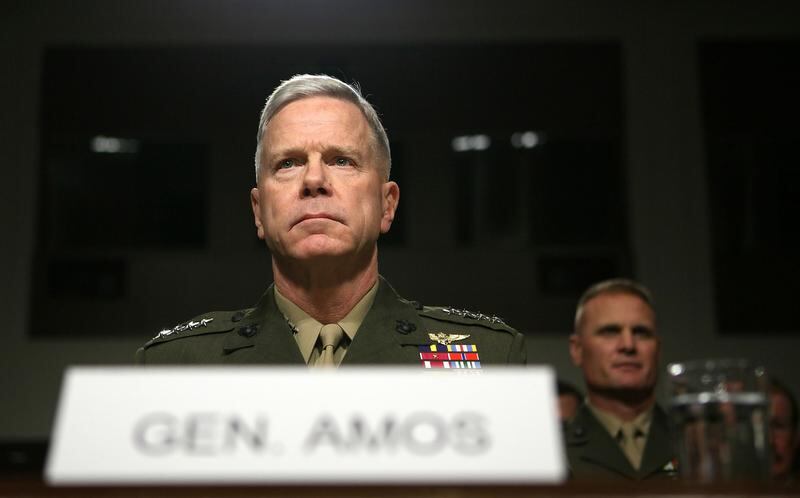The military justice system is slow. And often flawed. But in the end, it came to the right conclusion in the recent appeal of former Marine Staff Sgt. Joseph W. Chamblin.
Chamblin was one of the Marines in the now-notorious 2012 video that showed a sniper team in Afghanistan peeing on the corpses of dead Taliban fighters.
Originally, Chamblin pleaded guilty in 2012 to misconduct, was reduced in rank to sergeant and ordered to pay $500.
But five years later, the Navy-Marine Corps Court of Appeals overturned that conviction and dismissed those charges.
To be sure, pissing on dead enemy fighters is not a part of any Marine Corps warfighting doctrine. It was a flat-out dumb thing to do.
But this case was botched from the beginning by former-Commandant Gen. Jim Amos, who told the general in charge of the investigations that he wanted the Marines involved with the urination incident to be “crushed” and discharged.
That is against the law. It’s called “unlawful command influence.” The appeals court called this case “an unusually flagrant example of UCI.”
Amos should have let the military justice process proceed on its own. Instead, his hot-headed actions in this and other cases tainted the legal process. The military court’s latest decision is a reminder that nobody is above the law – not even a four-star general who sits on the Joint Chiefs of Staff.
